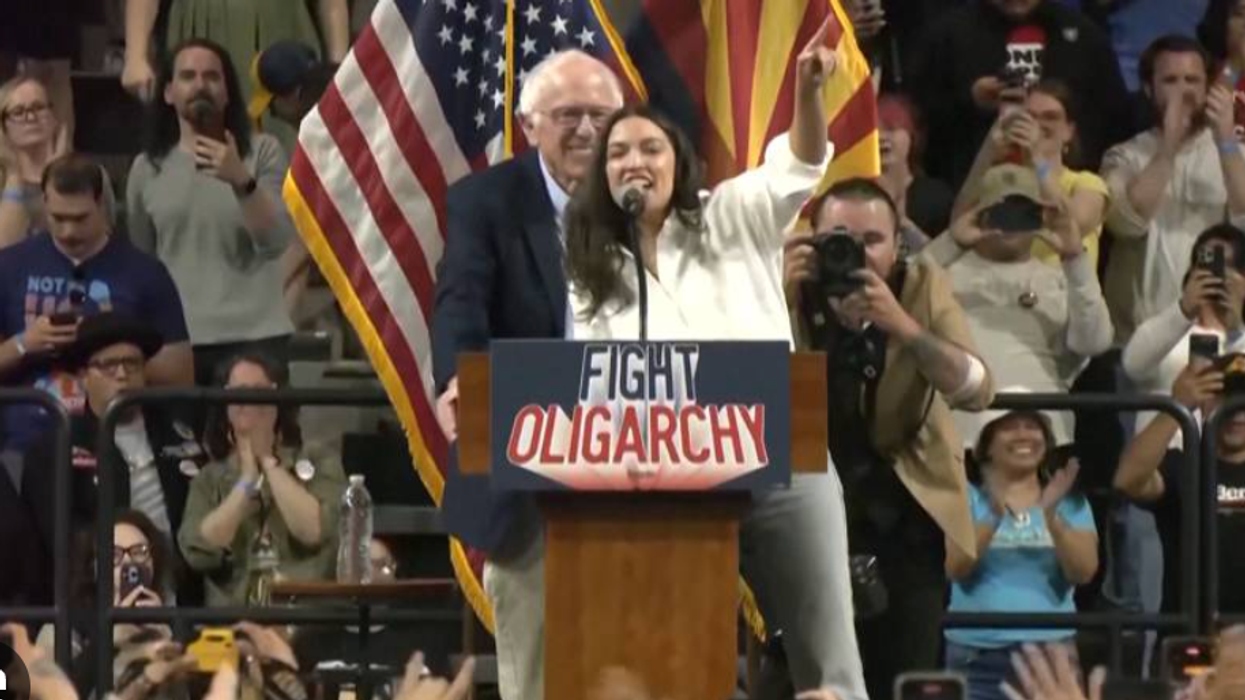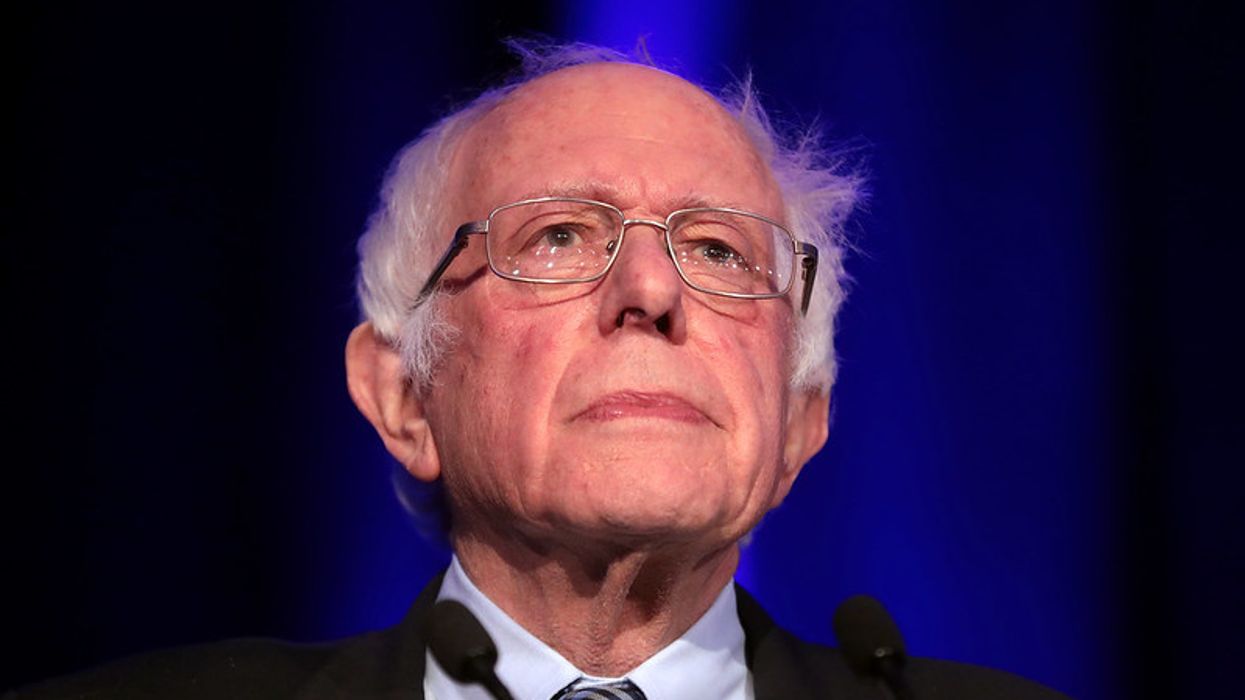Too Old? Janet Mills Happens To Be A Lot Younger Than Bernie Sanders
So Democrat Janet Mills, governor of Maine, is running against Susan Collins, the state's Republican senator since 1997. An established political figure would be running against another established political figure, yet the current reportage for Mills tends to start off with "77-year-old Janet Mills." Collins happens to be 72.
The Democratic Party is grappling with tensions between its senior leaders and younger challengers who want to replace them — worth a conversation. But to hear the lefties complain that Democratic powerbrokers are too old doesn't quite mesh with their worship of 84-year-old Bernie Sanders, senator from Vermont.
When Sanders ran for reelection last year at age 83, his fan club never raised the age objection. Should Mills win and decide to run for another six years, she would be about the same age as Sanders is now. Another consideration: Maine has the highest share of population 65 and up.
Ageism seems to start at a younger age for women than it does for men. That would make it a form of sexism, too. Would it not?
Mills has announced that if elected, she would serve for only one term. That's undoubtedly to address many Democrats' pain and anger over Biden's running for a second term as his aides hid obvious cognitive decline.
A senator who has slowed down but is experienced and has a good staff can do the job. A president should be able to run on all cylinders.
Mills recently gained national celebrity when she executed a cutting talk-back to Donald Trump at a White House meeting. Speaking before a group of senators, Trump asked: "Is Maine here? The governor of Maine?"
"Yeah," Gov. Janet Mills answered from across the room. "I'm here."
Referring to his executive order banning transgender girls and women from participating in girls' and women's sports, Trump asked, "Are you not going to comply with that?"
Mills parried with, "I'm complying with the state and federal laws."
To which Trump threatened, "You better comply. Otherwise, you're not getting any federal funding."
Mills returned the lob with Yankee directness, "I'll see you in court."
That was a brilliant defense of a state's power to set social policy — even though it came off as a defense of less-than-brilliant policy.
Mills may be treading dangerously on the matter of transgender athletes in sports. No, biological men should not be allowed to compete against biological women. Maine should change its laws to reflect the unfairness of letting athletes with male musculature take part in women's events. It would make athletic competitions a pointless activity for most girls.
The issue is not about how anyone "identifies." If a boy says he's a girl and wears a dress, that's no business of mine. But that doesn't make him physically a girl. Contrary to some claims, hormonal treatments cannot radically change the muscle structure from male to female.
And that reality has shown up on the playing field. In Maine, a transgender girl (that is, someone born male) reportedly took first place in a student girls' track competition. The year before, he placed fifth in a boys' competition.
A similar story has played out in professional tennis. As tennis star Martina Navratilova complained, "women's tennis is not for failed male athletes."
Mills would do well to carefully position herself as a defender of Maine law but advocate changing it.
Mills faces a crowded primary in which she seems the strongest candidate to defeat Collins. "Our Senate race was just upgraded to a Toss-Up!" she just posted on X. "This is the most important race in the country and I'm the only Maine Democrat to win statewide in 20 years."
Years can matter.
Froma Harrop is an award winning journalist who covers politics, economics and culture. She has worked on the Reuters business desk, edited economics reports for The New York Times News Service and served on the Providence Journal editorial board.
Reprinted with permission from Creators.












